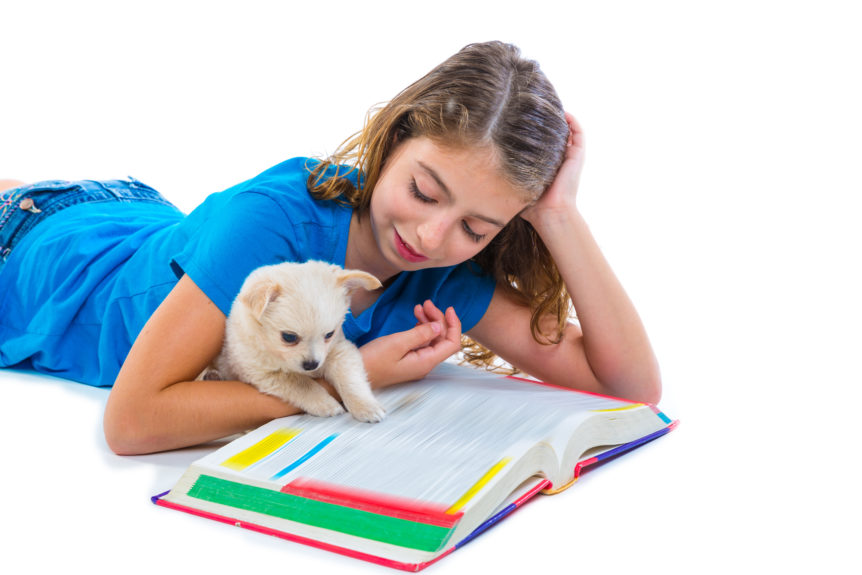After an entire summer of undivided attention, lots of friends around, and tons of playtime, your furkids may be a little confused and a lot lonely when school starts back up. Pets also run the risk of getting bored (read: destructive) or lost in the shuffle when busy school schedules pick back up. When your pets are stressed or understimulated, they might start exhibiting unusual and/or exaggerated behaviors.
Separation anxiety (something dogs are particularly prone to) has some telltale signs such as chewing on things around the house, accidents, scratching (themselves or objects), and excessive barking. Sometimes, an extremely stressed pet will try to follow their owner, which means fence jumping, digging, or running off.
Here are a few recommendations to help your pets with the back to school transition, to keep both them and your family sane.
1. Slowly introduce the new schedule. Try not to just spring prolonged absences on your pet. Start spending small increments of time away from the house in the weeks leading up to school. Animals, particularly dogs, take emotional cues from their owners. Make sure you and your children stay calm and don’t make a big deal out of it when you leave. You might also consider leaving behind a t-shirt or blanket with familiar smells on it for comfort while you’re away.
2. New toys and treats. Giving a treat right before you leave and when you come home helps your pet look forward to these times, rather than stressed. You can also use toys and treats to distract your pet from your absence. A food-stuffed toy will keep your pet’s focus during the first bit of your absence. If you put this toy away when you get home, and only give it to your pet when you leave, this teaches your pet that your departure is “safe” and you will always come back.
Who doesn’t love a new toy to play with? Dogs, cats, hamsters – all of your furry family members – need to be entertained. Dogs love bones or toys that involve food rewards, especially ones that challenge them. Cats have a great time with scratching posts, climbing toys, and window perches with a view of the birdbath, or cat tv, as we like to call it.
3. Lots of love and patience. Once the family is back together in the evenings, be sure to shower attention on your pets to reassure them that they’re not forgotten. It’s also important to provide them with plenty of exercise, which will also help them stay calm and relaxed during the day. One of the most common reasons for destructive behavior is a lack of activity of stimulation. As a substitute, introducing your pet to new animal friends, training classes, or daycare can be useful.
Good luck with the new school year to all of your family members!


